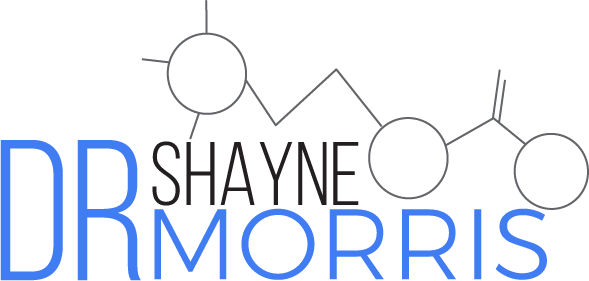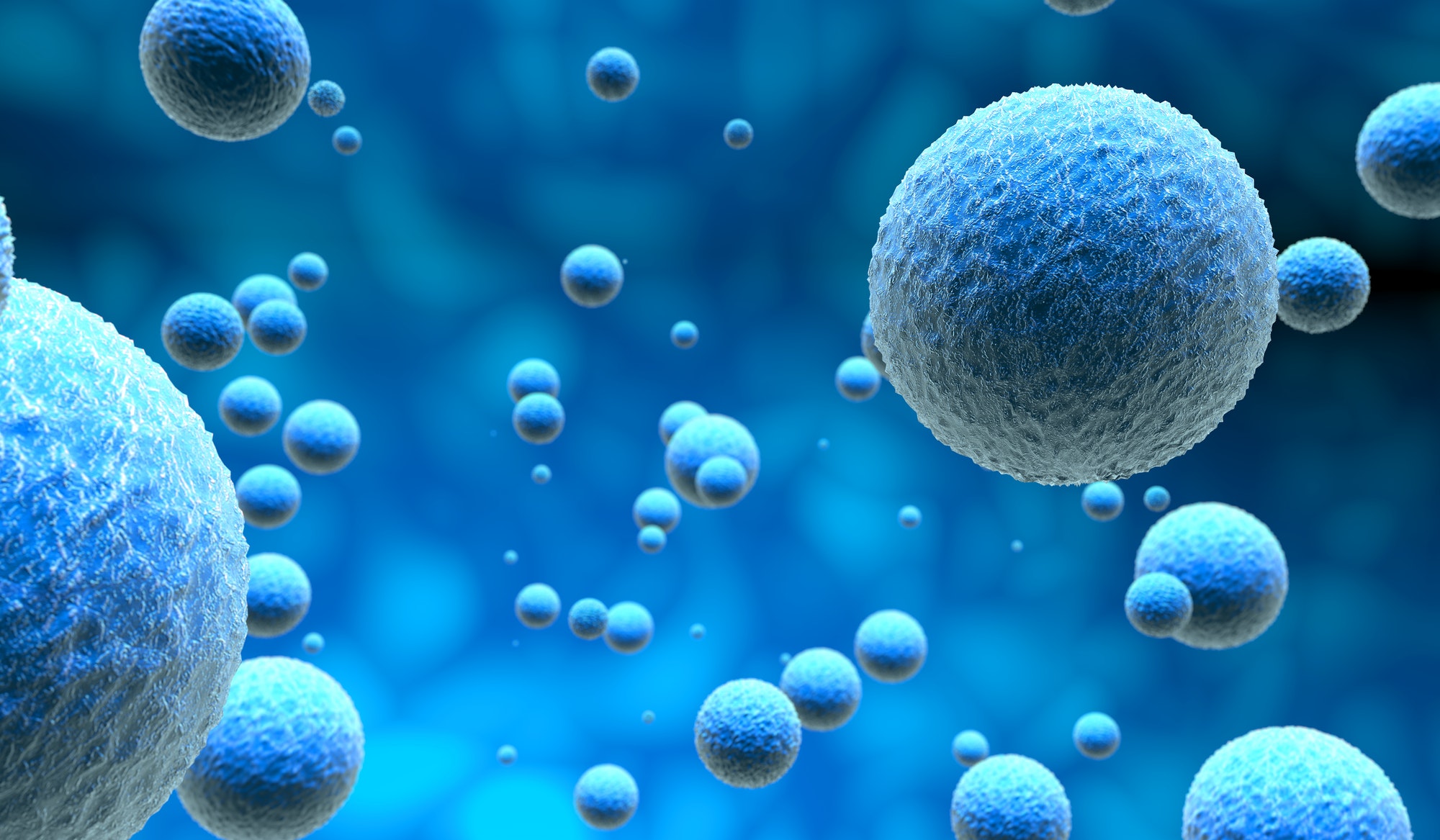The Microbiome: It’s More Than Just Gut Health – It’s Everything Health
By Dr. Shayne Morris
In recent years, the term “microbiome” has become a buzzword in the world of health and wellness. Many people associate the microbiome primarily with gut health, and while it’s true that the gut microbiome plays a critical role in digestion and overall gastrointestinal well-being, its influence extends far beyond the gut. As a scientist and researcher in the field of microbiology and nutrition, I am excited to share with you how the microbiome impacts various aspects of our health, including brain function, fertility, immune response, and much more.
Understanding the Microbiome
The microbiome refers to the trillions of microorganisms, including bacteria, viruses, fungi, and other microbes, that inhabit various parts of our bodies. The majority of these microbes reside in the gut, but significant populations are also found on the skin, in the mouth, lungs, and reproductive organs. These microbial communities are not just passive inhabitants; they actively interact with our bodies, influencing our health in profound ways.
The Gut-Brain Connection
One of the most fascinating aspects of the microbiome is its connection to the brain, often referred to as the “gut-brain axis.” This bi-directional communication system involves multiple pathways, including neural, hormonal, and immune signals.
How the Microbiome Influences Brain Health
- Neurotransmitter Production: Certain gut bacteria produce neurotransmitters such as serotonin, dopamine, and gamma-aminobutyric acid (GABA), which are crucial for regulating mood, anxiety, and cognitive functions. In fact, about 90% of the body’s serotonin is produced in the gut.
- Inflammation and Neuroinflammation: A healthy gut microbiome helps maintain the integrity of the gut barrier, preventing harmful substances from entering the bloodstream and reaching the brain. Dysbiosis, or an imbalance in the gut microbiome, can lead to increased intestinal permeability (often referred to as “leaky gut”), which allows inflammatory molecules to reach the brain and potentially contribute to conditions like depression, anxiety, and even neurodegenerative diseases.
- Short-Chain Fatty Acids (SCFAs): Beneficial gut bacteria ferment dietary fibers to produce SCFAs, such as butyrate, propionate, and acetate. These SCFAs have anti-inflammatory properties and can cross the blood-brain barrier, where they provide energy to brain cells and support brain health.
Prebiotics and Probiotics for Brain Health
Prebiotics (nondigestible fibers that feed beneficial bacteria) and probiotics (live beneficial bacteria) can support a healthy gut microbiome and, by extension, brain health. Studies have shown that certain probiotics can reduce symptoms of anxiety and depression, demonstrating the potential of targeting the microbiome to improve mental well-being.
The Microbiome and Reproduction
The microbiome also plays a critical role in reproductive health and fertility for both men and women.
Women’s Reproductive Health
- Vaginal Microbiome: A healthy vaginal microbiome is dominated by Lactobacillus species, which produce lactic acid to maintain an acidic environment, protecting against infections and supporting fertility. Imbalances in the vaginal microbiome can lead to conditions such as bacterial vaginosis, which is associated with preterm birth and other reproductive complications.
- Pregnancy and Birth Outcomes: The gut microbiome of the mother influences the health of the pregnancy and the developing baby. For example, a balanced microbiome can reduce the risk of gestational diabetes and preeclampsia. Additionally, the maternal microbiome plays a role in shaping the baby’s microbiome during birth, impacting the child’s health from the very beginning.
Men’s Reproductive Health
Emerging research suggests that the gut microbiome can influence male fertility as well. The microbiome can affect testosterone levels and sperm quality, both of which are critical for reproductive health.
Enhancing Fertility Through the Microbiome
Supporting a healthy microbiome through diet, lifestyle, and potentially probiotic and prebiotic supplementation can improve reproductive health outcomes. For example, consuming a diet rich in fiber, fermented foods, and antioxidants can promote a diverse and balanced microbiome, which in turn supports hormonal balance and fertility.
The Microbiome and Immune Health
The microbiome is a central player in the development and function of the immune system.
How the Microbiome Supports Immunity
- Training the Immune System: During infancy, the microbiome helps train the immune system to distinguish between harmful and harmless substances. A diverse and balanced microbiome is crucial for developing a well-functioning immune system.
- Modulating Immune Responses: Gut bacteria can produce metabolites that influence immune cell function. For example, SCFAs have anti-inflammatory effects and can regulate the activity of T cells, which are essential for adaptive immunity.
- Barrier Function: The microbiome helps maintain the integrity of the gut barrier, preventing pathogens from entering the bloodstream and triggering immune responses.
Prebiotics and Probiotics for Immune Health
Supporting the microbiome through diet and supplementation can enhance immune function. Prebiotics, such as inulin and fructooligosaccharides, feed beneficial bacteria, while probiotics can directly modulate immune responses. Regular consumption of fermented foods, such as yogurt, kefir, sauerkraut, and kimchi, can also support a healthy immune system.
The Microbiome and Chronic Diseases
A disrupted microbiome, or dysbiosis, has been linked to numerous chronic diseases, including obesity, type 2 diabetes, cardiovascular disease, and autoimmune disorders.
Mechanisms of Microbiome Impact on Chronic Diseases
- Metabolic Regulation: The microbiome influences metabolic processes, including the digestion and absorption of nutrients. Dysbiosis can lead to metabolic imbalances, contributing to obesity and type 2 diabetes.
- Inflammation: Chronic low-grade inflammation is a common feature of many chronic diseases. A healthy microbiome helps regulate inflammatory responses, while dysbiosis can promote inflammation and contribute to disease progression.
- Immune Regulation: As discussed earlier, the microbiome plays a critical role in immune system function. Dysbiosis can lead to immune dysregulation, increasing the risk of autoimmune diseases and other immune-related conditions.
Preventing and Managing Chronic Diseases Through the Microbiome
Adopting a microbiome-friendly lifestyle can help prevent and manage chronic diseases. This includes consuming a diet rich in fiber, fruits, vegetables, and fermented foods, staying physically active, managing stress, and avoiding unnecessary antibiotic use.
Conclusion
The microbiome is not just about gut health; it’s about everything healthy. From brain function and fertility to immune response and chronic disease prevention, the microbiome influences nearly every aspect of our well-being. By understanding and supporting our microbiome, we can unlock the potential for improved health and vitality.
As we continue to explore the complexities of the microbiome, it becomes increasingly clear that taking care of our microbial communities is essential for achieving optimal health. Whether through diet, lifestyle changes, or targeted supplementation with prebiotics and probiotics, nurturing our microbiome is a powerful strategy for enhancing our overall health and well-being.
Let’s embrace the science of the microbiome and take proactive steps to support these tiny but mighty inhabitants that play such a crucial role in our lives.
For more insights and guidance on supporting your microbiome, stay tuned to our blog and explore the latest research and recommendations.
Dr. Shayne Morris is a leading expert in microbiology and nutrition, dedicated to advancing our understanding of the microbiome and its impact on health.


